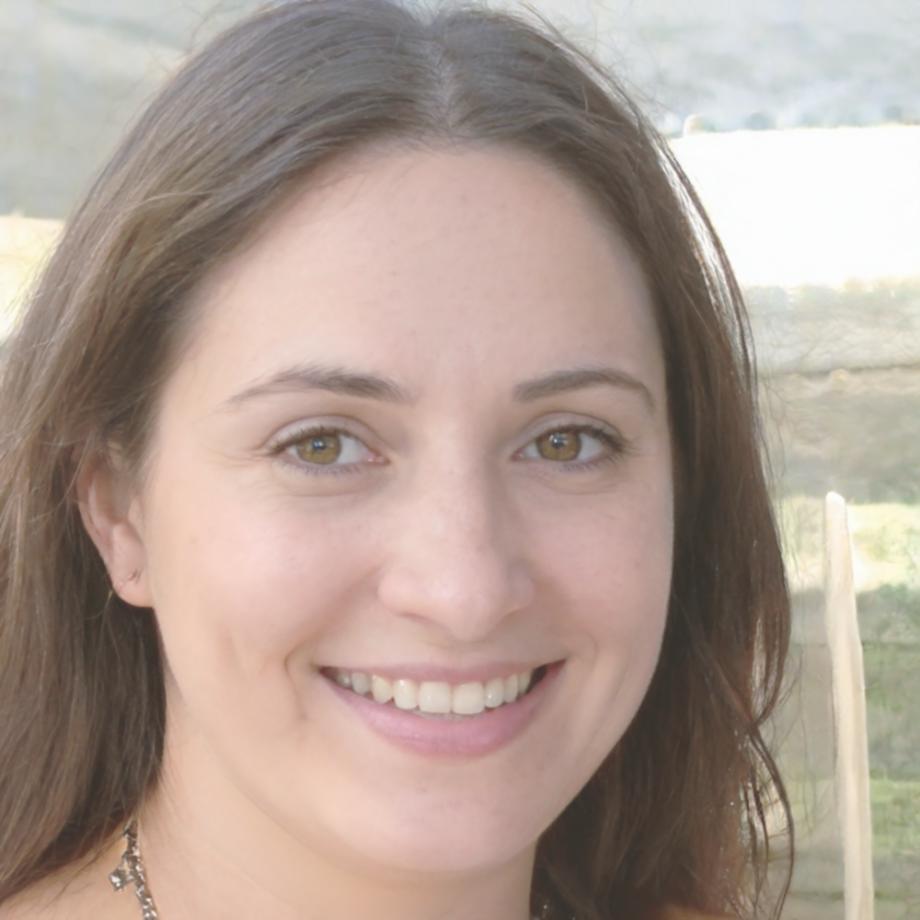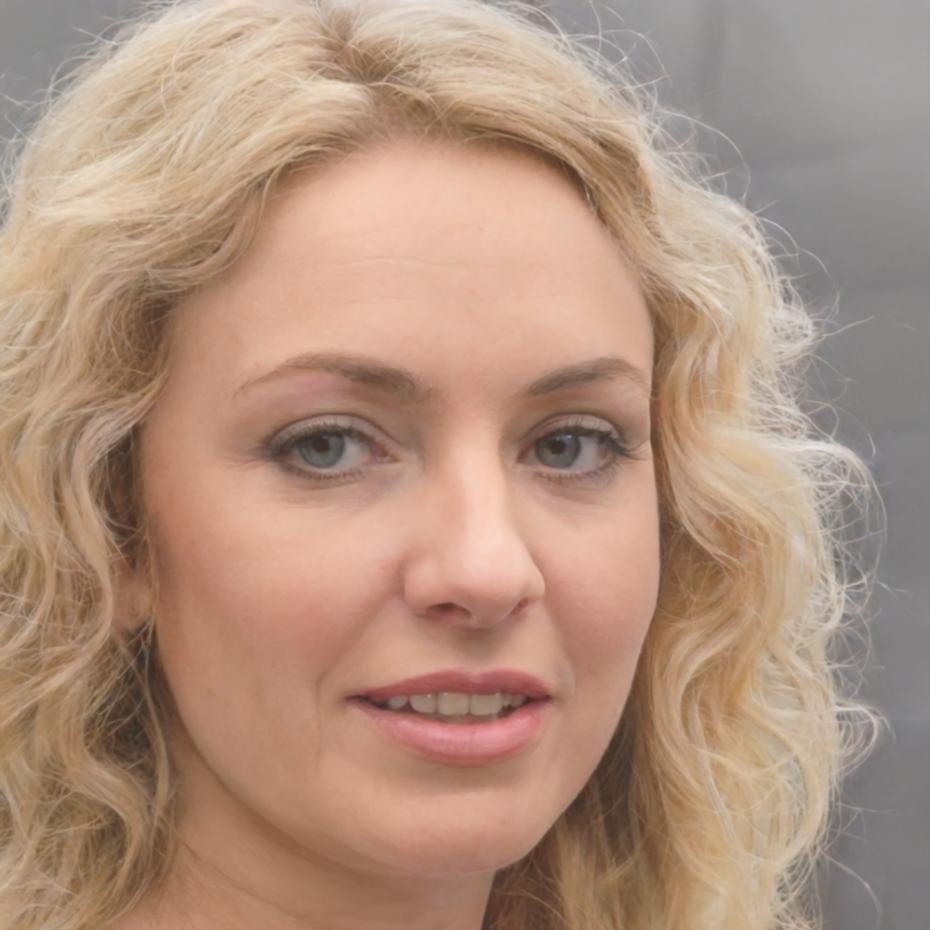Money Conversations That Actually Make Sense
Most financial advice sounds like it was written for someone else. We focus on the real stuff—understanding where your money goes, building habits that stick, and making choices that fit your actual life in Canada.
Explore Learning Options

Building Financial Clarity Without the Jargon
Here's what we've noticed after working with hundreds of Canadians: most people don't need complex investment strategies right away. They need to understand their cash flow first. They need a system that works when life gets messy—because it always does.
Our approach starts with the fundamentals. How much comes in, where it goes, what's left over. Then we build from there. No pressure to follow someone else's perfect budget template. No shame about past financial decisions. Just practical frameworks you can adapt to your situation.
The program structure runs over six months, starting in autumn 2025. That timeline matters because real financial habits take time to develop. Quick fixes don't work—we learned that the hard way from early students who tried to rush through material.
What You'll Actually Learn
Each component focuses on specific skills you'll use regularly. The curriculum adapts based on participant feedback—what we teach in 2025 reflects what actually helped people in 2024.
Income Tracking Systems
Understanding variable income patterns, seasonal work fluctuations, and creating realistic projections. Especially relevant for freelancers and gig economy workers navigating Canadian tax requirements.
Expense Analysis Methods
Breaking down spending into meaningful categories that reveal patterns. Learning to distinguish between necessary costs, discretionary spending, and hidden money drains that don't add value to your life.
Goal-Setting Frameworks
Creating financial targets that connect to what you actually want. Moving beyond vague "save more money" intentions to specific, measurable objectives with realistic timelines.
Emergency Buffer Building
Developing safety nets that fit your risk profile and lifestyle. Understanding how much reserve makes sense for your situation—not someone else's theoretical ideal.
Debt Navigation Strategies
Practical approaches to managing existing obligations while building forward momentum. No judgment about how you got here—just frameworks for moving toward better positions.
Behavioral Money Patterns
Recognizing your personal financial triggers and decision-making tendencies. Building awareness around emotional spending, avoidance patterns, and money scripts that might be holding you back.
Real Progress From Past Participants

I finally stopped feeling anxious every time I checked my bank account. The tracking methods actually worked with my irregular schedule, and I'm building savings for the first time in years. It's not dramatic—just consistent progress that feels sustainable.

The variable income module changed how I approach my business finances. I used to panic during slow months—now I have systems that smooth out the peaks and valleys. My stress levels dropped significantly once I understood the patterns.
